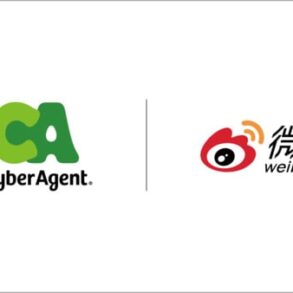Four Ontario school boards have commenced legal action against social media giants TikTok, Meta Inc. and Snapchat for “disrupting student learning and the education system.”
The Toronto District School Board (TDSB), Peel District School Board (PDSB), Toronto Catholic District School Board (TCDSB), and Ottawa-Carleton District School Board (OCDSB) announced a joint lawsuit of $4.5 billion against the popular social media platforms which were filed in separate cases on Wednesday.
The lawsuit claims that social media products, negligently designed for compulsive use, “have rewired the way children think, behave, and learn, leaving educators and schools to manage the fallout.”
In a statement, the TDSB’s Director of Education, Colleen Russell-Rawlins, said the influence of social media on today’s youth at school cannot be denied.
“It leads to pervasive problems such as distraction, social withdrawal, cyberbullying, a rapid escalation of aggression, and mental health challenges,” said Rawlins. “Therefore, it is imperative that we take steps to ensure the well-being of our youth. We are calling for measures to be implemented to mitigate these harms and prioritize the mental health and academic success of our future generation.”
Ontario school boards raise several concerns in $4.5-billion lawsuit
The four Ontario school boards cite students’ struggles with attention, learning, and mental health crises as a direct result of “the prolific and compulsive use of social media products.”
Speaking with Breakfast Television on Thursday, TDSB chair Rachel Chernos Lin said they want to hold the social media giants accountable.
“We’re hearing about student behavioural issues. We’re hearing about anxiety in children being significantly on the rise,” said Chernos Lin. “We’re seeing a huge rise in mental health issues and feelings of pain kids are having, directly related to the products that they’re using.”
The TDSB, TCDSB, PDSB and OCDSB collaboratively state that the fallout of “compulsive use of social media amongst students” is causing massive strains on the four school boards’ finite resources. Ontario school officials are also calling on TikTok, Meta Inc. and Snapchat to “remediate these enormous costs to the education system, to redesign their products to keep students safe.”

A Snapchat spokesperson tells CityNews that their social media platform was designed to be different from the onset, thus allowing users to communicate with close friends.
“Snapchat opens directly to a camera — rather than a feed of content — and has no traditional public likes or comments,” the spokesperson said. “While we will always have more work to do, we feel good about the role Snapchat plays in helping close friends feel connected, happy and prepared as they face the many challenges of adolescence.”
Rashmi Swarup, the PDSB’s Director of Education, noted that the Ontario school boards have been growing increasingly concerned about the effect of social media on students.
“Urgent action is needed to protect students from further harm. That is why we have come together in bringing action against social media giants to make their products safer while addressing the disruptions they are causing to our educational mandate.”
Hundreds of school boards in the United States, along with some states, have launched similar lawsuits against social media companies. Legislation that could determine TikTok’s fate was approved in the House earlier this month. However, the bill has run into roadblocks in the Senate, where there is little unanimity on how to best approach concerns over the social platform.
Lawmakers and intelligence officials have said they worry the Chinese government could use TikTok to access user data or influence users through its popular algorithm. TikTok has repeatedly stated that it would deny requests from the Chinese government for Americans’ data.
This post was originally published on this site be sure to check out more of their content







